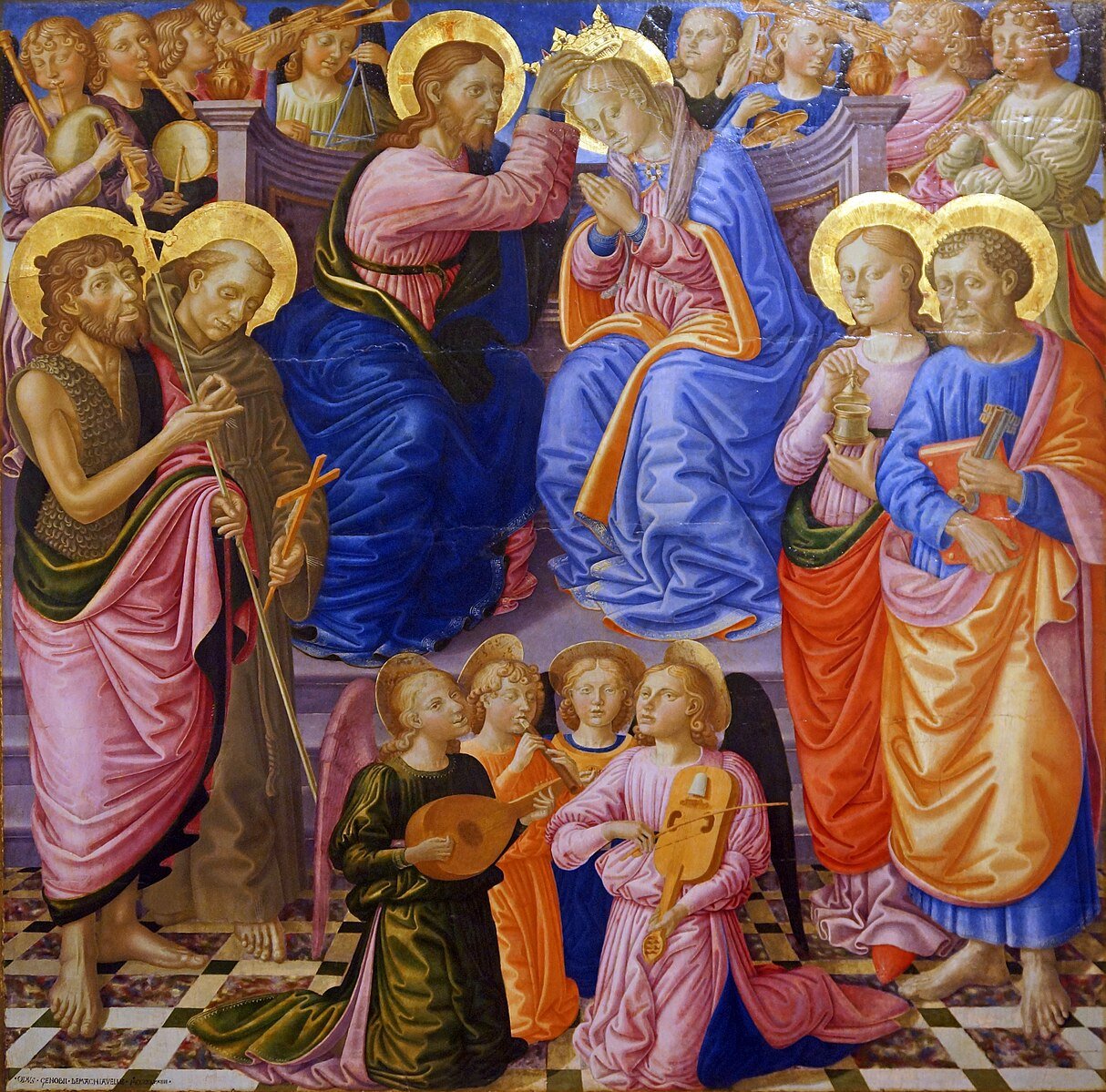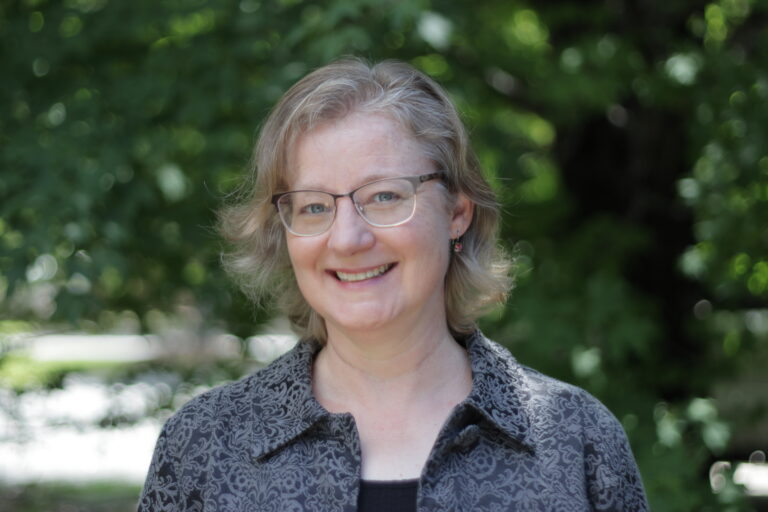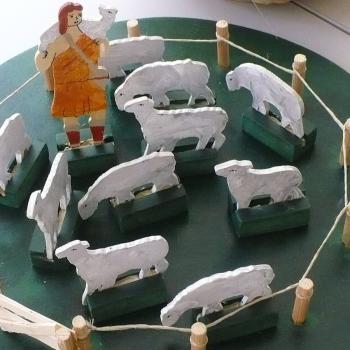Regardless of whether a loved one dies early and unexpectedly or passes away after a long life and with considerable forewarning, we the bereaved are often left with unfinished relationship threads. Some of the most common longings are:
- “I never got to say . . .”
- “I never apologized . . .”
- “I wish my loved one had understood . . . “
- “I wish my loved one could see this now . . .”
Of course I think the best thing is to say during life what needs to be said. Say “I love you” every chance you get, apologize for your faults, forgive readily, and try to be at peace in your relationships.
No matter how much you make that your goal, though, there will always be those unfinished moments with the person you loved. Why? Because we are made for eternity. It is unnatural for human relationships to end, and the good news is: They don’t!
What happens when you die?
When you die, you either go to Heaven or Hell.
If the person you loved freely chose to reject God’s offer of eternal love and life, they are lost. That said, we can’t know the fate of anyone’s soul. Even if the prospects seem very grim, we hope for the best. We pray that our loved one did accept the Lord’s invitation, if not throughout life than at least in the final moments.
This is of course a reason to witness to God’s saving love and encourage those around you in their journey towards eternal life.
In contrast, good news, if the person did choose to receive the Lord’s offer of eternal love and life, then he or she is headed to Heaven. We know that “nothing unclean enters Heaven” so God will cleanse your loved one of all their sins so that they are able to fully enter into Heavenly love.
The Catholic word for being made ready for Heaven is called “Purgatory” which just means the place of purification, and we pray for the dead because we know that our prayers can be of help during that process.
What we also know is that those in Heaven are not cut off from the community of Christians on earth. When you attend Mass, your loved one in Heaven is also participating in the same heavenly sacrifice that you are partaking of on earth.
The dead aren’t God — they don’t see and hear everything everywhere, the way God does — but they aren’t locked in a closet banished from awareness either. God can allow your deceased loved one to know, see, and hear anything that will be beneficial for the two of you.
What are the ramifications of this?
It’s not too late to say “I love you.”
There are so many things you might not have gotten to say, whether due to the circumstances of your loved one’s death, or your own limitations, or who knows why. Or maybe you said it plenty, but that never has felt like enough. Maybe you worry your loved one didn’t fully know or understand just how much you loved them.
You can just say it now. God can let that message through.
Over time, as you grow and understand more and more about life, and you begin to see things through your loved one’s eyes that maybe you couldn’t see when you were younger? You can say it again.
It’s not too late to apologize or reconcile.
Though we try during this life to repent and detach from our sins, many of us die with various faults and failings still afflicting us. Maybe your loved one was never able to understand you during this life. Maybe you said or did some things that you regret now, or that you never knew how to apologize for when there was time.
There is still time!
Because God heals and delivers us from our sins so that we can fully love for all eternity, your loved one in eternal life is better able to understand and forgive than ever before.
To be in Heaven is to let go of anger, jealousy, selfishness, bitterness, hurt . . . all the things that may have kept your loved one from being easy to reconcile with during this life. Now all that has reached its end. If you were not able to reconcile before, you can now.
You can continue to share your life with the one you love.
So often we’ll say something like “If only Grandma could be here to see you on your wedding day,” or “I wish I could talk to Dad about what happened at work today,” or “I wish my baby could know how much we love her and miss her.”
But these things are not impossible! Though you cannot see or hold the person you grieve, your loved one is less limited by time and space then ever before. If God wills it, your loved one can indeed see, hear, and share all that is important, good, true, and beautiful.
Grieve like one who has hope.
Profound sadness is normal when we lose someone we love. We weren’t created for the separation of death; in the beginning we were made for perfect union and love. In the end we can get there, thanks to the saving work of Jesus Christ. In the meantime, it hurts so much.
But thanks to that saving work, death is not a black hole of nothingness. It’s not the abyss. It’s not eternal separation, unless you choose to reject God’s offer of eternal healing.
So hope for the best for your loved ones, pray for them, and don’t be afraid to ask God to help you open your heart and continue with your relationship of love even during the temporary separation until your own time on earth reaches its end.
Artwork: Zanobi di Machiavelli, Coronation of the Virgin, via Wikimedia, CC 2.0















